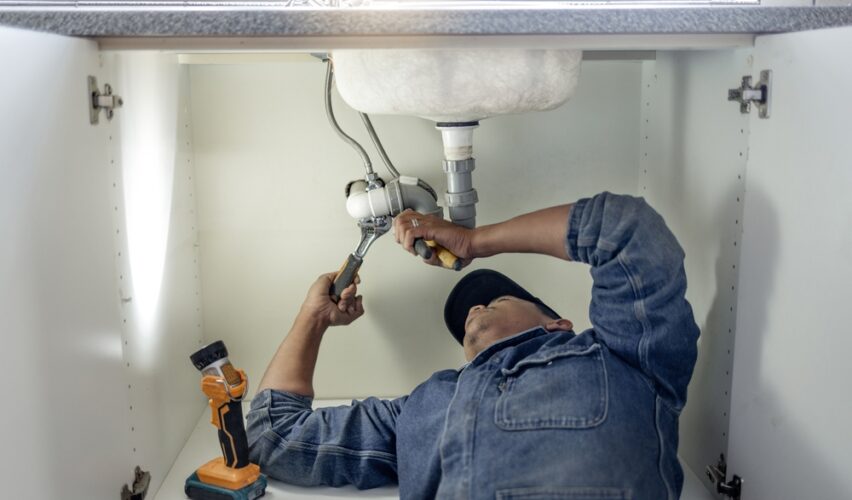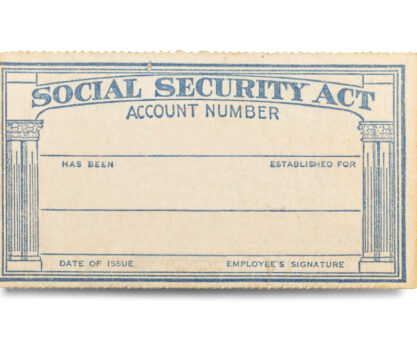A growing number of pre-retirees say they plan to age in place once they retire from the workforce. The big question: can you afford to stay in your home for the next 20 to 30 years? Even if you’re mortgage-free, it’s important to calculate if you can afford to cover all the costs related to homeownership as inflation makes virtually everything more expensive.
As You Age, So Does Your Home
At some point in the future, you’ll likely need a new roof. In 2024, depending on the location and size of your home, the cost of a new roofing system can range from $10,000 to $30,000. Your HVAC system may also need to be replaced since its average lifespan is about 15 years. Other appliances you may need to replace over time include refrigerators, dishwashers, washers, and dryers. These expenses are expected as your home ages but you also have to consider the unexpected expenses like plumbing and electrical repairs or replacing older windows.
Is Your Location Suitable As You Age?
You may love country living and driving 30-plus minutes to the grocery store or doctor appointments is no problem, now. However, you may feel differently at age 75. Of course, you can solve that problem by using a car service but that will add yet another expense to your monthly budget.
Also think about home maintenance that you’ll likely be unable to do yourself as you grow older: mowing the lawn, cleaning the house, basic home repairs, and painting – indoors and out. Check sites like Angi.com to get an idea of the going rates for these services in your area.
After you crunch all the numbers and adjust them for inflation, ask yourself this: “Will I really be able to cover these costs on a fixed income?”
Can You Afford To Renovate Your Home To Make It Retirement Ready?
Calculate the cost of modifying your home so that you can live safely in your golden years. You may need to add a ramp and widen doorways for wheelchair access. Also, consider the cost of renovating the bathroom. At some point, you may need to remove the tub and add a walk-in shower in addition to grab bars. If your bedroom is upstairs, think about renovating a first-floor room as your new bedroom. Just for the heck of it, ask a local contractor for what it would cost to convert a downstairs room into a bedroom.
After you crunch all the numbers and adjust them for inflation, ask yourself this: “Will I really be able to cover these costs on a fixed income?” You might need to explore ways to boost your lifetime retirement income. Connect with an FRC® trained advisor to learn more.


























